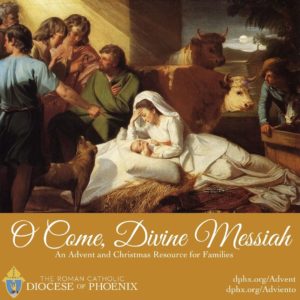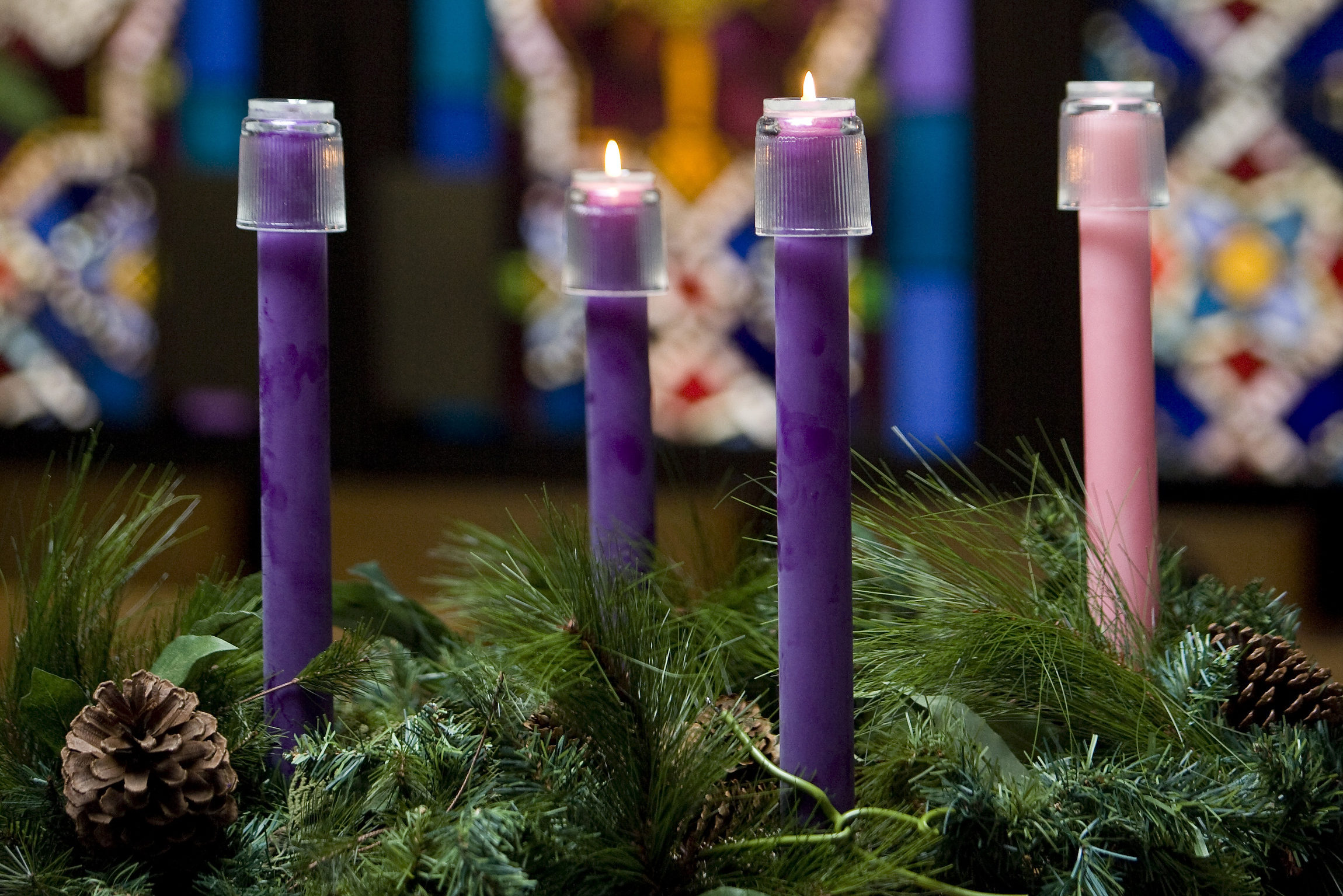
There is nothing like the birth of a child to make one appreciate Christmas. Four times, I have experienced such Christmases. Now I am experiencing my fifth. It was the birth of my first grandchild. He was named after my father, Theodore, who died 25 years ago.
The arrival of a child is a moment of great joy and great hope. With his birth, I feel as if I have a presence in a new generation that will long outlast me. I’m invested in a future I will not share. This is strangely comforting.
And though he was born in August, he is helping my experience of Advent. In prayer I am awaiting the birth of the savior, but the arrival of Theo makes this anticipation more real to me. In fact, a new birth is not just about arrival, but anticipation of what is to come next, what this tiny new birth will become. Birth is a moment to revel and yet to dream.


Advent is a time of anticipation too. The daily readings are meant to accompany us, to focus us, to prepare us. We are asked to make ourselves ready. We wait, marking the passage of time with our Advent candles, counting the days. Drawing closer to Bethlehem.
This year has felt more Lent than Advent, but it has been a time of waiting, a year of mandated patience. We have not all done this equally well. Many of us have grown impatient at the long austerity of the COVID crisis. We don’t all feel we are sharing the same burden.
Those untouched by illness may shrug off the risks or disbelieve them. Others try their best to abide by the rules, but even after months, the death toll continues to climb, the surges come in waves. The waiting seems hopeless sometimes.
The hospitals are full of suffering madonnas, nurses in an endless Pietà, stand-ins for families who cannot be at the deathbeds of their loved ones. Trailers fill with bodies and mortuaries are overwhelmed. It may be easier this Advent for some of us to believe in Good Friday than to anticipate Christmas.
Yet when I said that a new birth is not just about arrival, but anticipation of what is to come next, that is a part of Christmas. This babe that is born to us is destined to suffer and to die. This is true of every human life.
Christmas implicitly contains within it Good Friday, visualized in the Eastern icon of the manger scene nested in a cave under Golgotha. The baby in the manger, like my grandson in my arms, is not immune to this reality.
And yet this painful realization is tempered by our faith that death has been defeated once and for all by that child whose birth we anticipate now. This is our message; this is our joy. It is why so much of the Christmas season seems unsatisfying. So much of the commercial celebration is a distraction. It misses the point, really.
We celebrate the birth of our savior because we know it to be the harbinger of the story’s end. This is God become man. This is death on the cross, yes, but it is the final victory of Easter.
So when I hold my grandchild, I hold someone who has been saved by that sacrifice, saved by that babe born so long ago.
We are waiting now. Waiting for Christmas. Waiting for the end of the pandemic. Waiting for my grandchild to become a boy, to become a man. And while we wait we give thanks that we know how the story ends.
Erlandson, director and editor-in-chief of Catholic News Service, can be reached at gerlandson@catholicnews.com.






